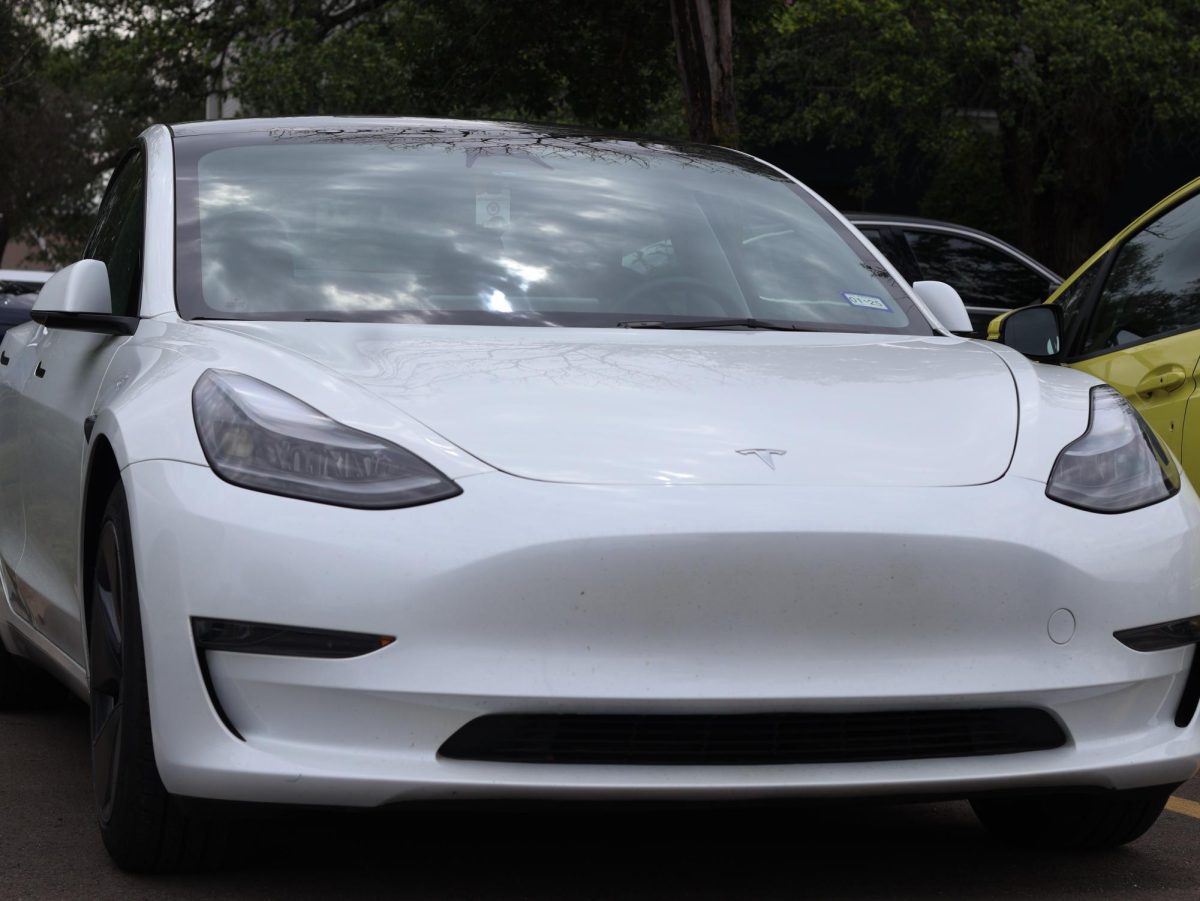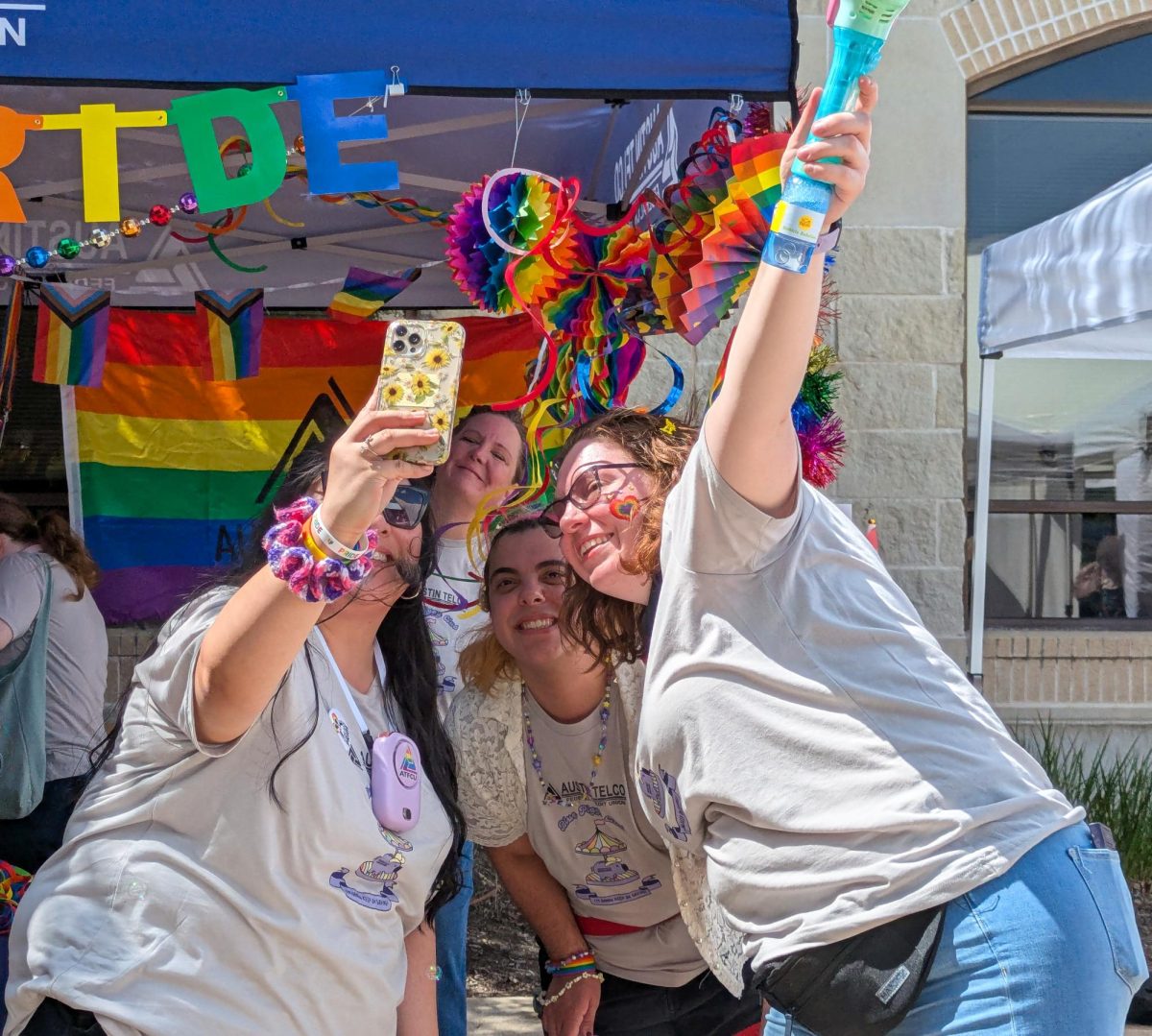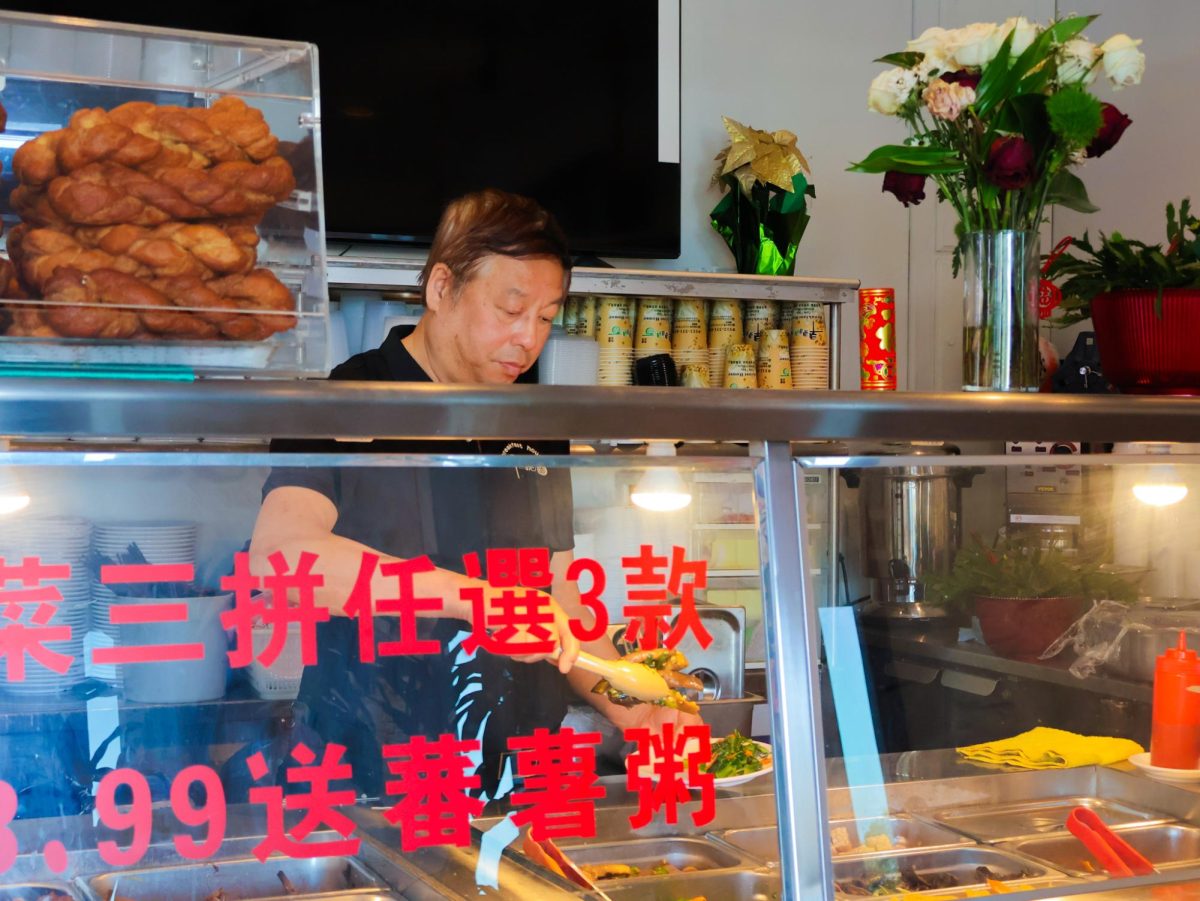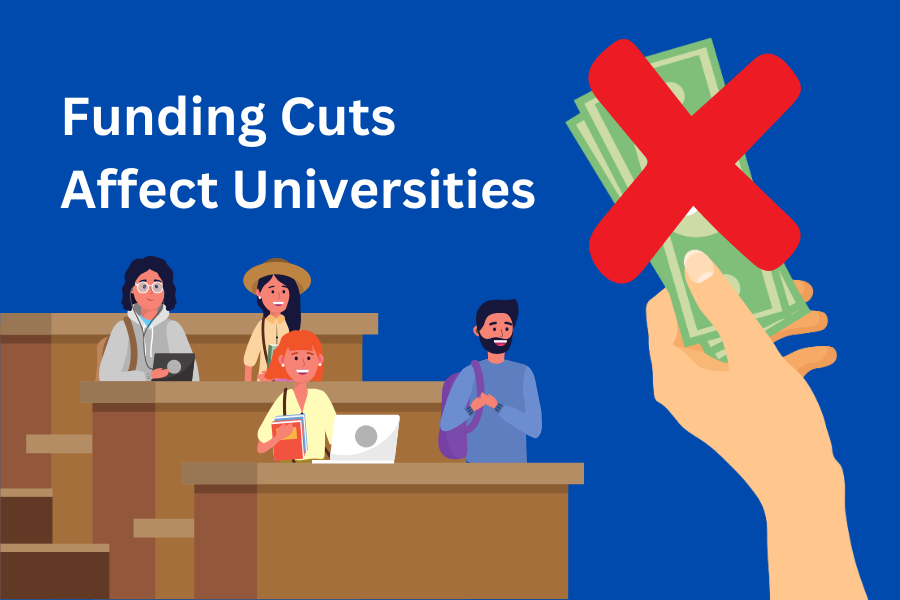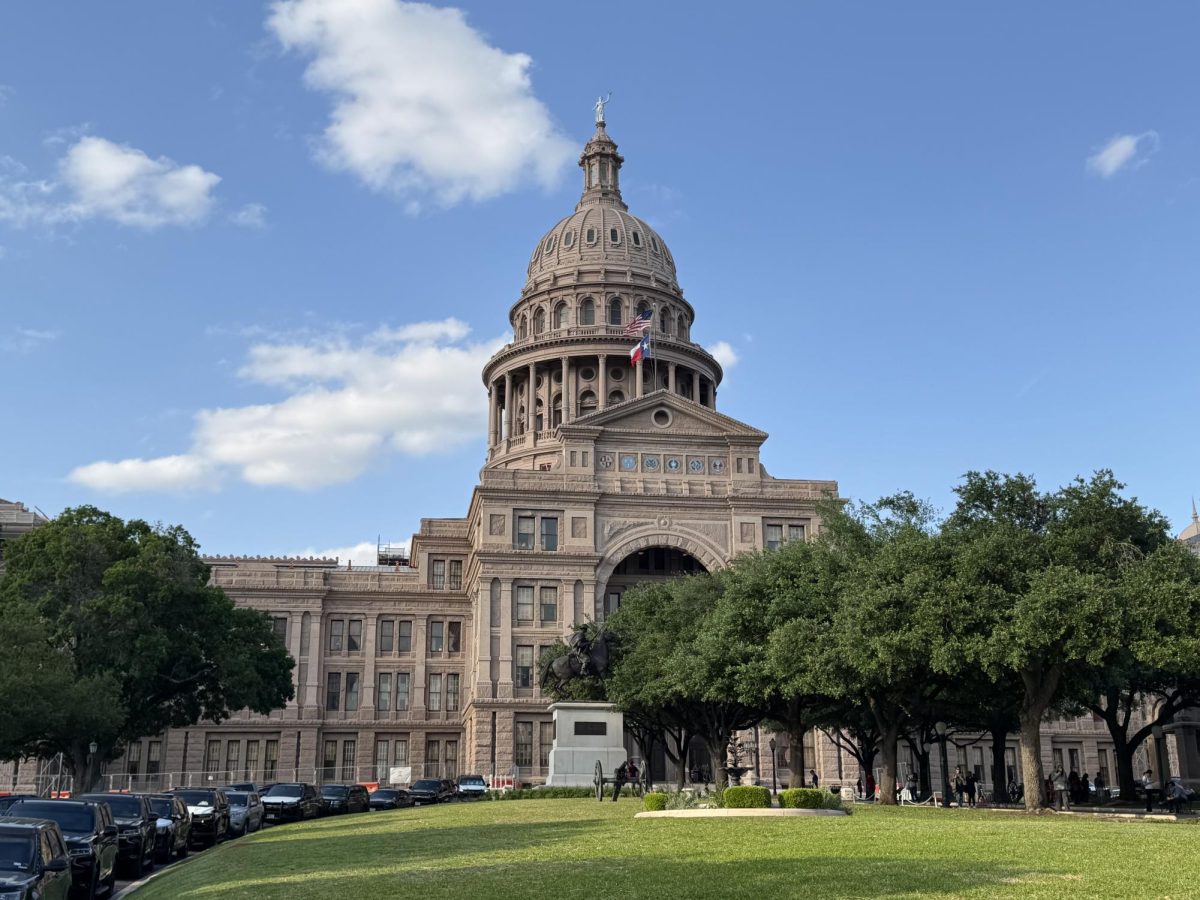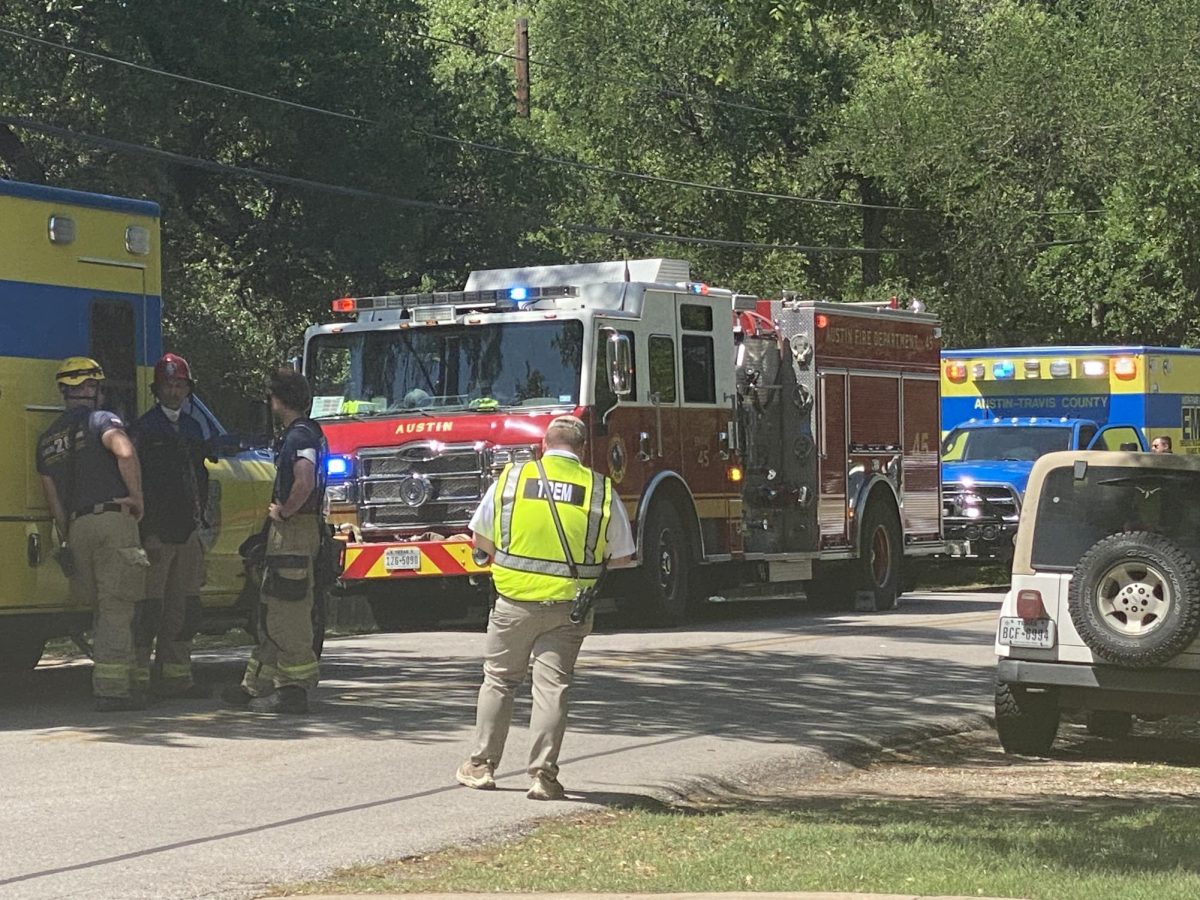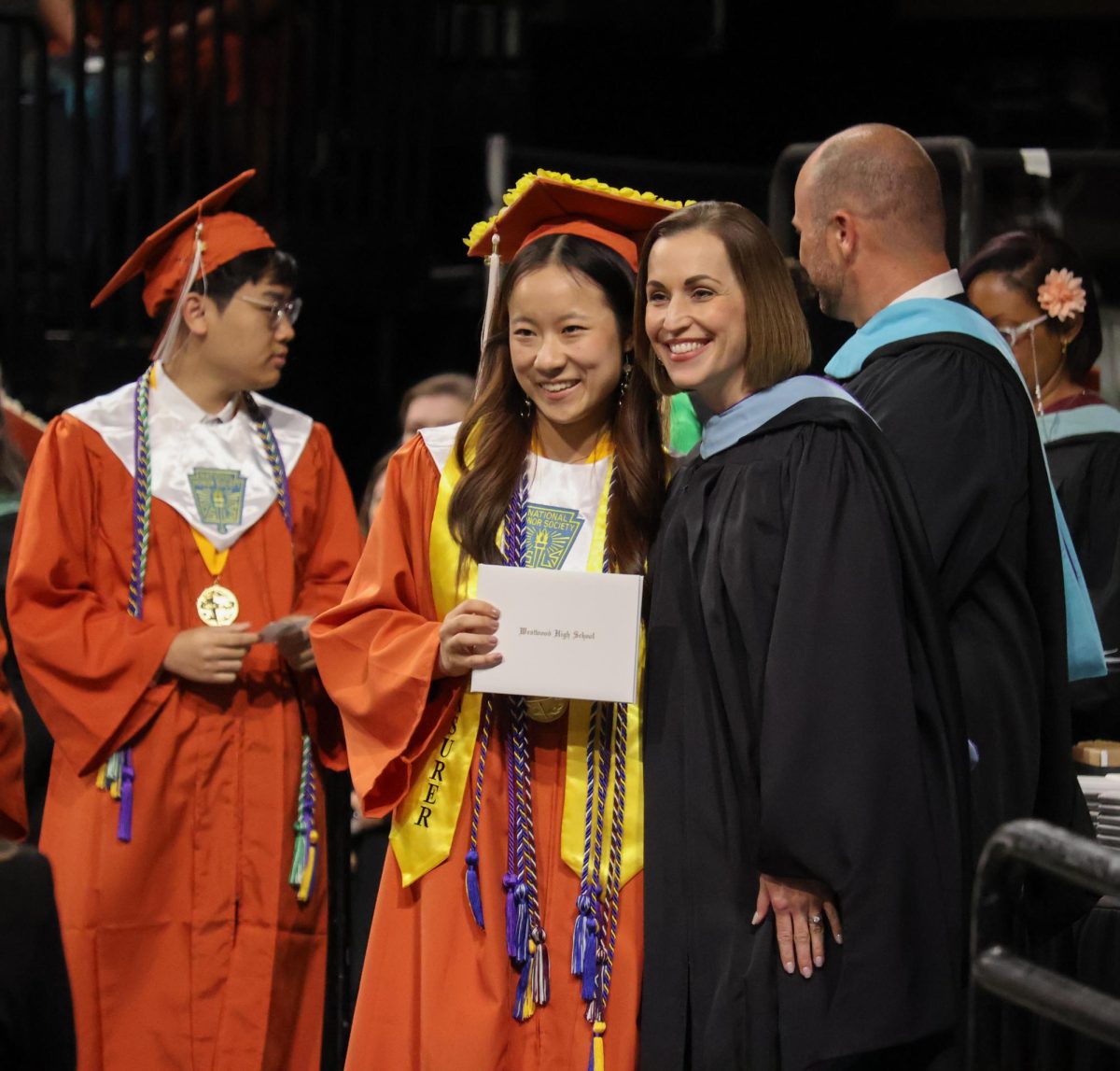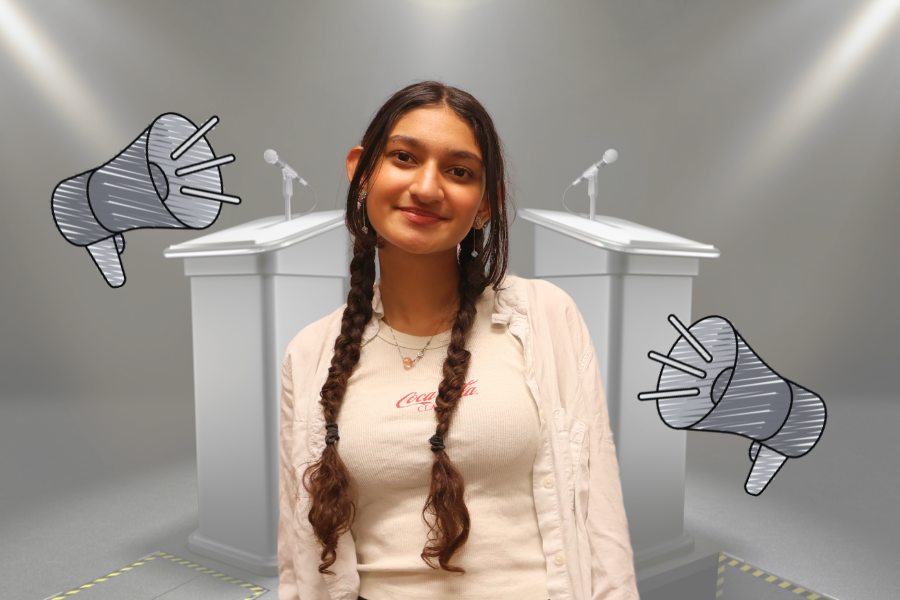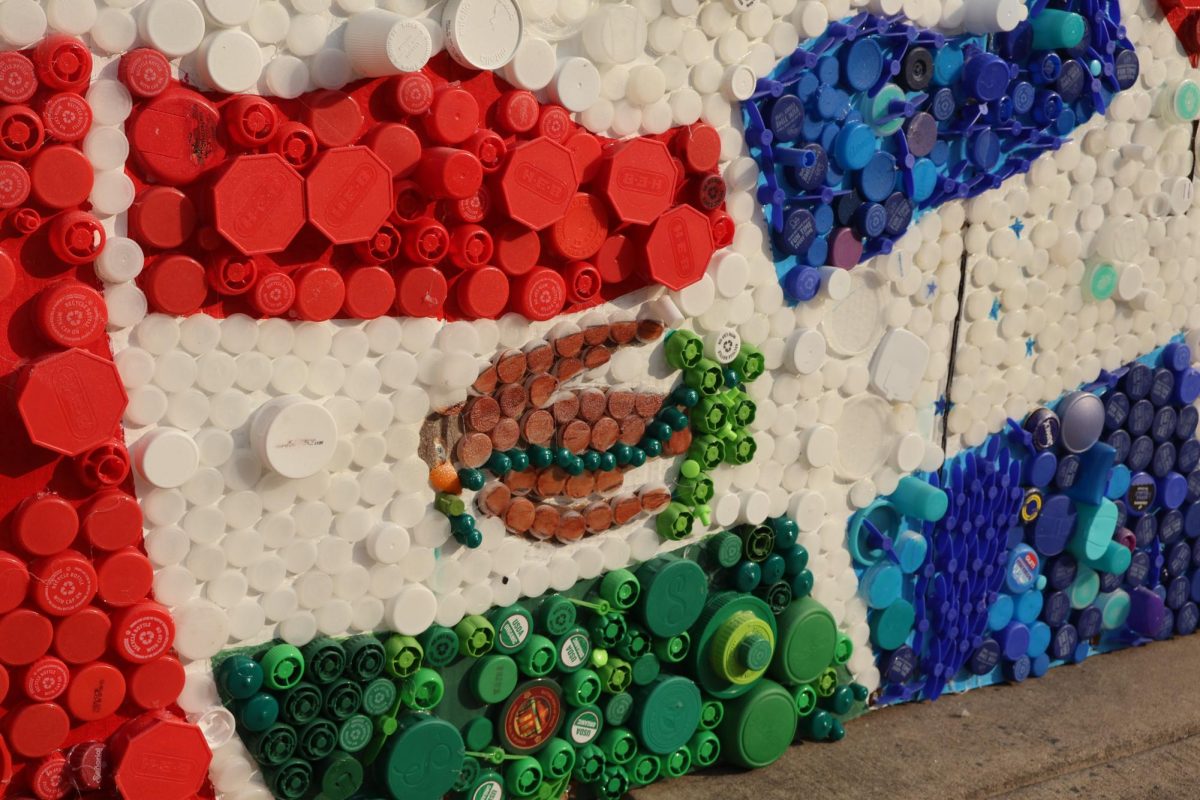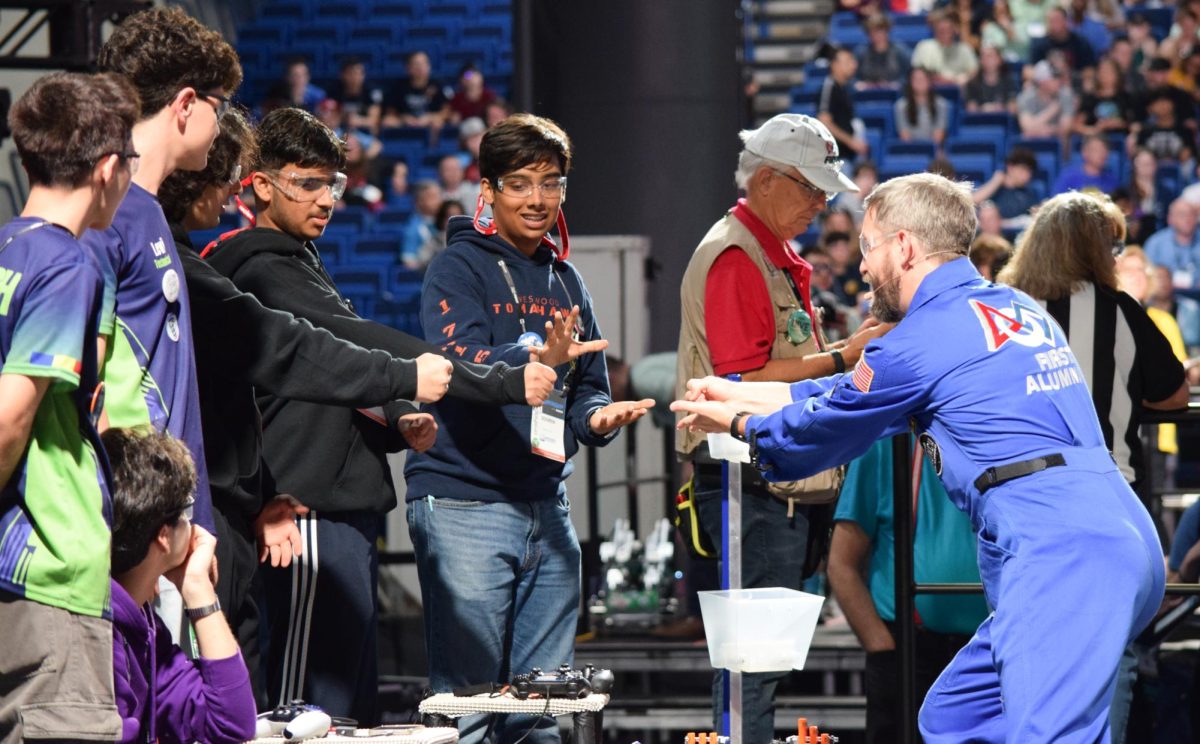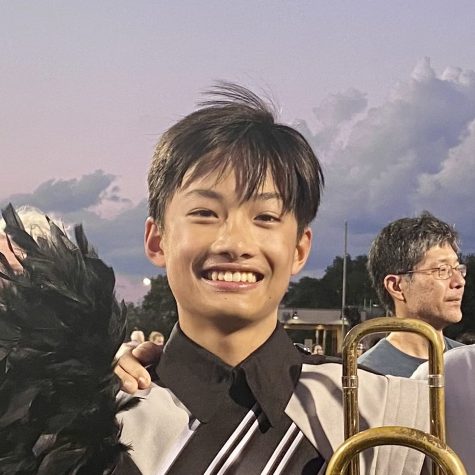The quiet hums of Teslas begin to engulf the Westwood parking lot in the early hours of the day. Tesla has become a staple car, with many students choosing to drive it for their contribution to fighting climate change. However, questions about Tesla’s reliability and safety have begun to rise ever since an Apple engineer died to the car’s self-driving feature, “Autopilot.”
Walter Huang, a 38-year-old man, crashed his Tesla Model X on the highway going 70 miles per hour while using the feature in 2018. Tesla settled the negligence and wrongful death lawsuit from Huang’s family for an undisclosed amount on Monday, April 8. The Autopilot feature was made free this past April, a decision many believe was for the purpose of collecting data to improve the feature based on thorough research. This event also has Tesla drivers questioning the cars’ safety, including those at Westwood.
“I feel [about] 80% safe sitting back and letting the Tesla drive. It just depends on the context, like if the road has visible lights and lines that the [Tesla] can detect,” Mehak Mehmi ‘24 said.
The Autopilot feature allows the driver to sit back and let the Tesla’s computer operate the vehicle. However, there are instances where the computer fails to account for some situations on the road.
“If [the Tesla] came across a yield sign, [the Tesla] wouldn’t know. That was one of the things it was having trouble with, and in that case, I would take over the car,” Mehmi said.
In order to prove that the Tesla is safe, the company stated that the vehicles have Automatic Emergency Braking, high-strength architecture, and powerful 360-degree vision. According to Samuel Gaber ‘24, this is also exactly why Westwood students choose to drive a Tesla.
“[Driving a Tesla is] much better than driving a [regular gas] car,” Gaber said. “Honestly, I wouldn’t say it’s the best for actually starting to drive, cause it just makes everything way too easy, like learning to use turn signals.”
When the lawsuit became known to Tesla drivers, opinions about the company changed. Many students are considering the consequences of using the feature and driving a Tesla, while others remain unfazed.
“I would say that the [lawsuit] changes my perspective a little bit,” Mehmi ‘24 said. “I’m a little [hesitant] to use it now because hearing all these people have problems, then the lawsuit thing, [it] makes me think that maybe I shouldn’t be using this, maybe I should [just] drive myself.”
Despite recent controversy, Tesla continues to elaborate that safety for its drivers is a priority, and will continue its innovation processes as normal.

